Meet the paralegals of Mali
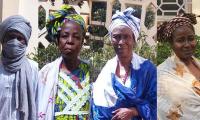
In Mali our partner, the legal aid organisation DEME SO (which means ‘house of law’ in Bambara, Mali’s local language), is working hard to help both victims and suspects attain their right to a fair trial and other basic human rights.
These women and men work voluntarily and changes are happening thanks to their efforts. They work with issues relating to violence against women, forced marriage and family matters such as divorce, inheritance, land, birth certificates, as well as access to justice. Meet some of them here.
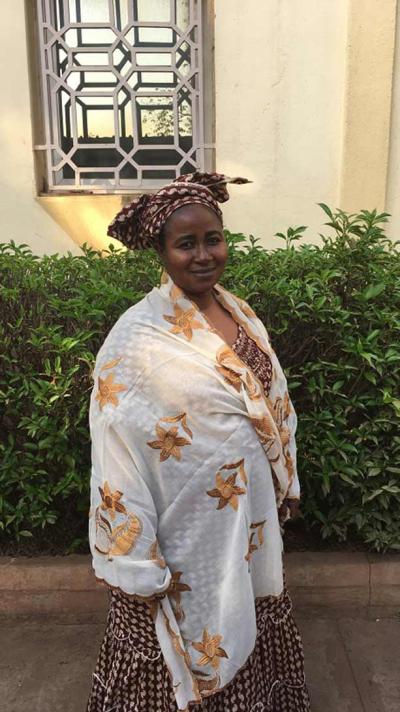
Name:Awa Dembele
Age:42
Education:Technical training
Region:Sikasso
City:Finkolo
Why did you become a paralegal?
I was initially project leader/facilitator for various NGOs working in the field of violence against women and female genital mutilation. My work consisted in doing a lot of mediation. I was noticed by the regional paralegal coordinator who called me. That is how I became a paralegal.
Can you provide us some examples of cases you treated in 2016?
In 2016, I essentially facilitated awareness-raising sessions during which I talked about women’s health issues/questions and the importance of obtaining birth certificates. Too few women know that they themselves can obtain a birth certificate for their children. Many still think that only their husbands can do it.
How did you manage to gain acceptance in your community as a paralegal?
It was not difficult for me to be accepted as a paralegal since I was already well known through the activities I undertook as a project facilitator.
What difficulties do you encounter in your role as a paralegal?
During the rainy season, it is difficult to have people’s attention in the villages during the awareness-raising sessions because everyone is busy with their work in the fields. Some of our traditions and customs also make it difficult for our paralegals to work. For example, women are often neglected in obtaining land titles.
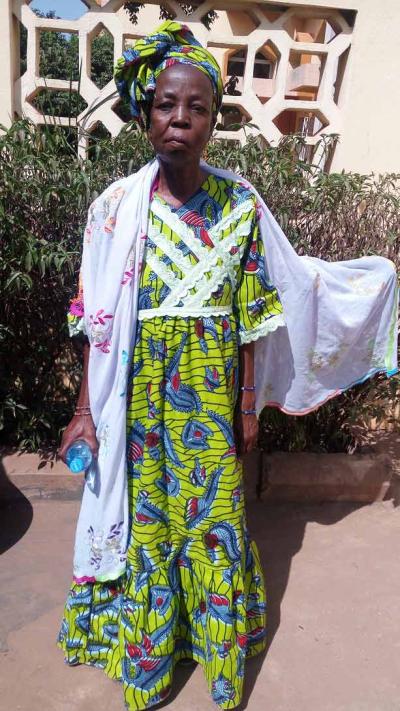
Name: Aminata Konate
Age: 68
Education: English professor
Region: Koulikolo
City: Koulikolo
Why did you become a paralegal?
As a teacher, I have witnessed many injustices such as children not being able to go to school because they did not have a birth certificate. Within my community, I have also seen many intra-family conflicts and disputes over access to land. All of this made me want to become a paralegal.
Can you provide us some examples of cases you treated in 2016?
In 2016, I dealt with cases of family conflicts, of violence against women, of land rights, and of marital status. I can give you an example. I have helped a married woman to whom the husband wanted to withdraw a concession that belonged to her. Rightly, the woman refused. I consulted the village chief and the husband’s friends so that they could convince the husband to abandon his undertaking. The case was resolved and the woman was able to keep her concession.
How did you manage to gain acceptance in your community as a paralegal?
It has not been difficult for me to be accepted as a paralegal since I come from the community I support. I was already considered a trustworthy person in my community.
What difficulties do you encounter in your role as a paralegal?
Being a paralegal requires a lot of time since some cases are very long to settle. As the facts are not always accurately reported, the paralegal needs to inquire with many people to verify the accuracy of what is being told. The coordinator can help us resolve certain cases that require the intervention of several paralegals. Another difficulty is the lack of visibility of our work at the national level. I wish to see more monitoring and evaluation missions.
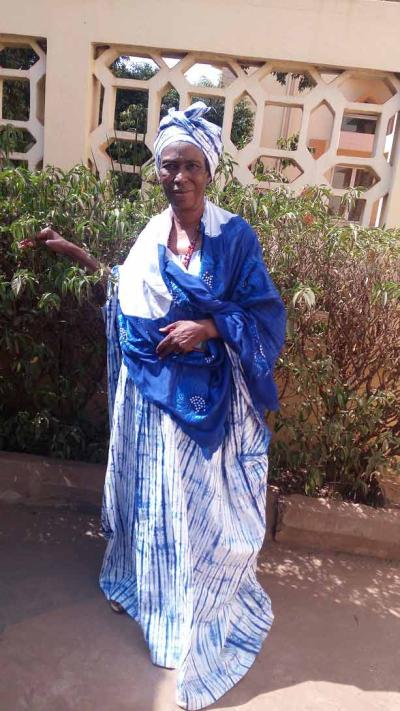
Name:Habywele Coulibaly
Age:69
Education:High-school education, Paralegal for 26 years.
Region:Koulikolo
City:Koulikolo.
Why did you become a paralegal?
I became a paralegal because I am allergic to injustice and I want to fight it.
Can you provide us some examples of cases you treated in 2016?
I treated this year cases of land rights, intra-family conflicts, and marital status. I helped families to obtain birth certificates for their children.
How did you manage to gain acceptance in your community as a paralegal?
I have been in the Koulikolo community for a long time. I taught there. I am loved by the population and my esteem in the community grows a little more every time I deal with new cases.
What difficulties do you encounter in your role as a paralegal?
Religious practices and traditional customs are the most difficult barriers to lift to protect the rights of the people. I am myself from a maraboutic family and I therefore know how to approach these issues.
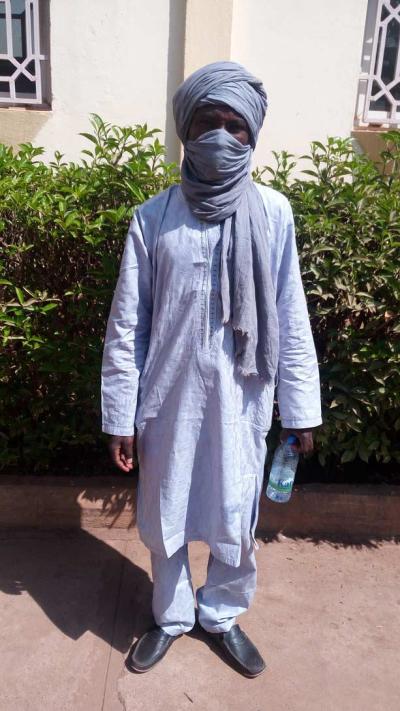
Name:Mohomodou Doulwahidou
Age:30
Education:Masters degree. Paralegal for 2 years.
Region:Gao
City:Bagoundié 1
Why did you become a paralegal?
I have grown up in a context where most people are illiterate. This often makes them unaware of their rights. Therefore, I myself wanted to study law to be able to inform others.
Can you give us some examples of cases you have had to deal with in 2016?
There was a case where two students were redirected from one school to another because the first school did not have the capacity to have them. However, when they arrived at the second school this school also refused to accept them, as they had not received the papers required. School 1 told me that they had sent the papers, so I worked together with School 2 to make sure that everything was all right. I did not leave before the two students were accepted.
How did you gain acceptance as a paralegal in your community?
To be chosen as a paralegal you need to be appointed by the mayor. I was selected and then I undertook the training. The mayor then presented me to the 13 villages in my municipality. We are two paralegals in my municipality. There were meetings at the town hall where the role of the paralegals was explained. These meetings were announced prior on the radio. A good relationship with the local authorities is crucial to succeed as a paralegal.
What are the challenges you face in your role as a paralegal?
There are many. First, being a paralegal is a voluntary activity; I have to do business on the side to make the ends meet. Secondly and due to the close link to the local authorities, paralegals can become politically instrumentalized which makes it difficult for them to remain neutral as they should be. Thirdly the distances in my municipality are very large, which means that, in practice, I can only cover four out of the 13 villages I am supposed to cover. Fourthly, the security situation is difficult in my region. Fifthly, I would love to receive more training. Sixthly, the motivational benefit should arrive each month and not every three months as it does now.
678 community-based paralegals are currently active in seven regions in Mali. Paralegals are sensitising their communities on their rights, mediating conflicts and helping the population seek access to justice. The Danish Institute for Human Rights, through its partnership with DEME SO, has developed and provided technical assistance to this paralegal programme for several years, including training and developing tools for paralegals. The programme currently receives financial support from the Swedish, Danish and Dutch Embassies in Mali.
